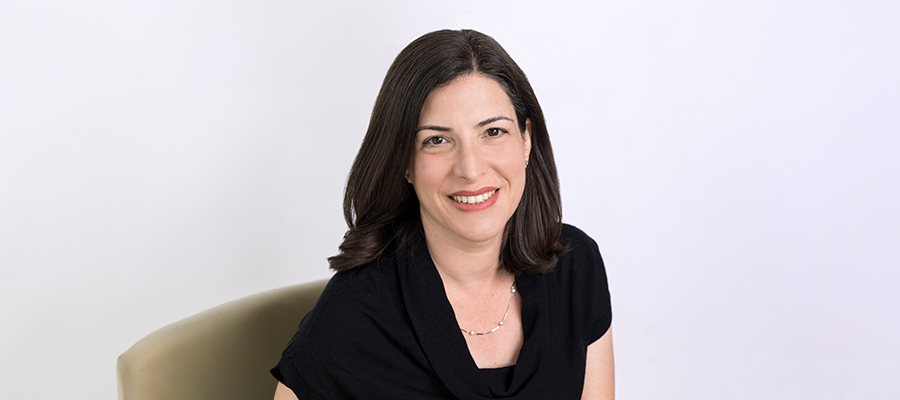

Opportunities for students to engage with course material in advance are key for an excellent intensive course, according to some of OsgoodePD’s most successful instructors.
The intensive format – which generally sees Professional LLM course content delivered over between 2.5 and 5 full days of instruction and learning activities, as opposed to weekly classes – is a unique feature of the OsgoodePD curriculum.
Attendees at the recent Intensive Course Bootcamp, who included current and prospective accelerated course faculty, learned that the foundations for success are laid well in advance of the live portion of the program, according to Audrey Fried, OsgoodePD’s Director of Faculty & Curriculum Development.
“One message of the workshop was that what happens before the intensive portion really matters,” she says. “Giving students a chance to complete readings or other work in advance means that they are able to put the live time to the best possible use.”
Fried says Osgoode’s intensive course offerings provide the perfect opportunity to showcase the experiential and interactive learning that have become a signature of its Professional LLM programs. That’s especially true for specializations such as Dispute Resolution, where the extended period together allows faculty members and their guest speakers more flexibility to explore course content with students through immersive experiences, such as simulated mediations or arbitrations.
Intensive courses are also a big draw for many of Osgoode’s LLM students, who include lawyers in private practice, government and industry, as well as working professionals without a legal background. Depending on the nature of their employment or other commitments, it may be more convenient for them to set aside a larger block of time dedicated to one subject, rather than spreading their classroom obligations over a number of weeks, Fried explains.
“The format also allows us to have courses with instructors who are experts in their field but who would otherwise be unable to teach for us over an extended period as a result of other commitments or distance,” she adds.
Despite these benefits, however, student evaluations conducted as part of a recent review of the Professional LLM suggest the all-encompassing nature of the format can be a doubled-edged sword. Although students generally really like the format, for some, intensive courses can cross over from intense into overwhelming.
“It can be arduous to maintain focus for the entire day. If the course is conducted online, it can add another layer of difficulty if the course isn’t designed to prevent Zoom fatigue,” Fried says.
The Intensive Course Bootcamp was designed in response to the feedback, seeking to help current and prospective instructors use course design to maintain the fine balance achieved in the most successful intensive courses.
The bootcamp itself was delivered in the form of a mini-intensive course, starting with an asynchronous online period that was available a week ahead of the live workshop in early March. The asynchronous portion included a short reading and a recording of a panel discussion with three LLM instructors who have taught well-received intensive courses.
At the live workshop, attendees reviewed key considerations when setting learning activities for intensive courses and developing assessment options. Participants also took part in a series of exercises throughout the morning focused on different aspects of designing an intensive course and then engaged in a short workshop with their colleagues to discuss these preliminary designs.
While the substantive content covered by intensive courses varies drastically, Fried says there are key commonalities in the approaches of the most successful instructors. For example, rather than treating the live portion of intensive courses in isolation, they divide their approach into three key phases: before, during and after.
“To work well, everyone needs to come in prepared. If students are able to do some work beforehand – even if it’s just an ungraded quiz or some simple questions – then you’re able to jump more quickly into interactive activities when you have those few days together in Toronto or online,” Fried says. “Then typically, the main assignment or exam paper is due several weeks after the intensive portion.”
“I think it was very helpful for participants to think about what they’re trying to accomplish in each of those phases,” Fried adds.
Want to learn more about Osgoode’s Professional LLMs? Sign up for an Information Session!

